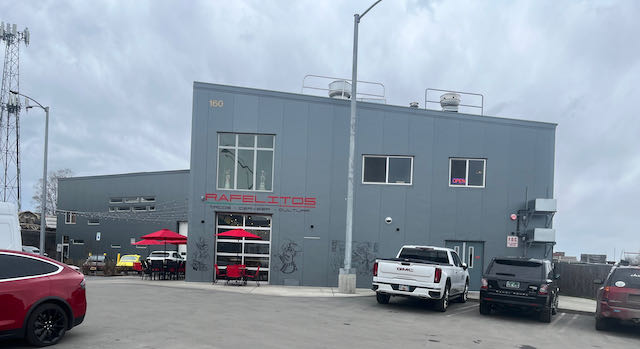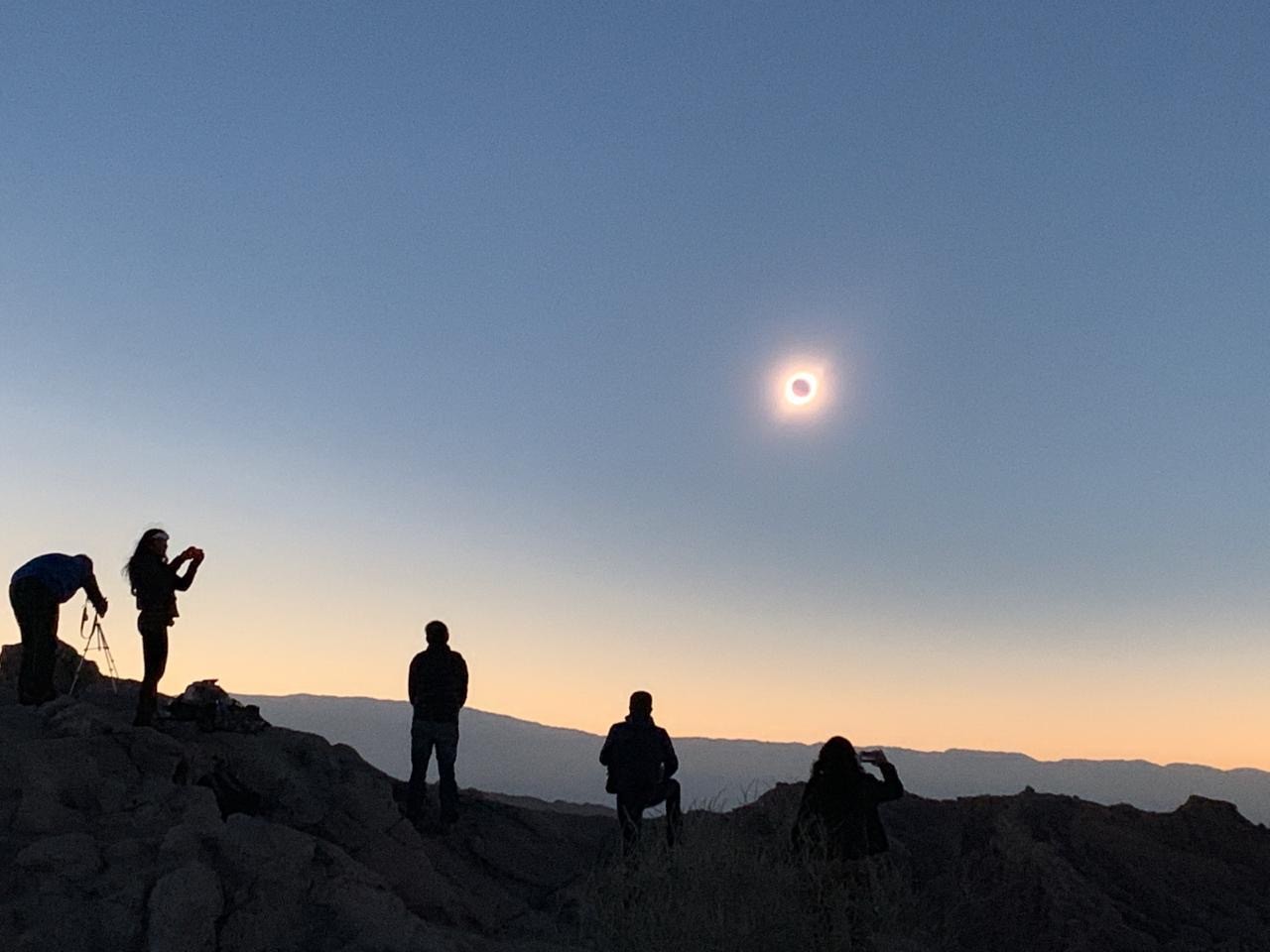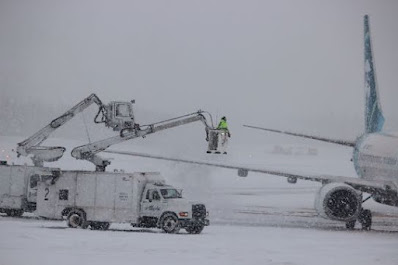I spend too much time on Bluesky and Spoutible, but I do get links to articles I probably wouldn't have otherwise seen. Here are two I thought were worth more attention. The first is the most comprehensive and comprehensible piece I've seen on the AI hype. I'm offering a link and some excerpts to help you believe that this one is worth your time to read. Among other things, Doctorow is a science fiction writer and he thinks and writes exceptionally well.
AI companies will fail. We can salvage something from the wreckage
Cory Doctorow
And you can read about who Doctorow is and why he has the expertise to write about this: Doctorow Wikipedia
"I am a science-fiction writer, which means that my job is to make up futuristic parables about our current techno-social arrangements to interrogate not just what a gadget does, but who it does it for, and who it does it to.
What I do not do is predict the future. No one can predict the future, which is a good thing, since if the future were predictable, that would mean we couldn’t change it."
"There are lots of AI tools that are potentially very centaurlike, but my thesis is that these tools are created and funded for the express purpose of creating reverse centaurs, which none of us want to be."
"Tech bosses want us to believe that there is only one way a technology can be used. Mark Zuckerberg wants you to think that it is technologically impossible to have a conversation with a friend without him listening in. Tim Cook wants you to think that it is impossible for you to have a reliable computing experience unless he gets a veto over which software you install and without him taking 30 cents out of every dollar you spend. Sundar Pichai wants you to think that it is impossible for you to find a webpage unless he gets to spy on you from asshole to appetite."
He then writes about 'growth' stocks and 'mature' stocks. Growth stocks have lots of advantages, particularly because their stock can be used to buy up competitors whereas mature companies have to use money. But eventually the growth stocks become monopolies with 90% of the market and so they can't grow any more and they slip down to mature stock status.
"This is the paradox of the growth stock. While you are growing to domination, the market loves you, but once you achieve dominance, the market lops 75% or more off your value in a single stroke if they do not trust your pricing power.
Which is why growth-stock companies are always desperately pumping up one bubble or another, spending billions to hype the pivot to video or cryptocurrency or NFTs or the metaverse or AI.
I am not saying that tech bosses are making bets they do not plan on winning. But winning the bet – creating a viable metaverse – is the secondary goal. The primary goal is to keep the market convinced that your company will continue to grow, and to remain convinced until the next bubble comes along.
"Now I want to talk about how they’re selling AI. The growth narrative of AI is that AI will disrupt labor markets. I use “disrupt” here in its most disreputable tech-bro sense."
"The promise of AI – the promise AI companies make to investors – is that there will be AI that can do your job, and when your boss fires you and replaces you with AI, he will keep half of your salary for himself and give the other half to the AI company."
Then he talks about how all this is creating a bubble, and gets back to 'centaur like jobs' and 'reverse centaur like jobs.' How companies look to getting rid of most of their employees, and then when AI screws up, they'll blame the lone employee who is supposed to monitor AI mistakes.
And then he gets into art jobs and why copyright protection online needs to be pushed way back. And even what to do with the litter of unused data centers.
It's a great comprehensive article that takes a macro view of AI, not just a focused view that leaves out the larger context.
So here's the link again: AI companies will fail. We can salvage something from the wreckage
Cory Doctorow
And if you're confused about what is happening with Venezuela, here's a piece that gives you background to understand how he concludes that this appears to have been negotiated with the Cubans and life won't get better for the average Venezuelan.
The Dog That Didn't Bark in the Maduro Op - Michael Weiss [You can click on Weiss to get Wikipedia's entry on him.]
“Were the Cubans really “incompetent,” as Rubio suggested, or were they somehow made to accept their client’s violent removal with the promise of regime continuity led by someone they know well and trust? Might Rodríguez’s transitional stewardship have been part of a quiet deal brokered between Washington and Havana, now on notice that it will have to deal with an administration for which shoring up American interests in the Western Hemisphere with gunboat diplomacy and kinetic operations is codified as a national security strategy? A former U.S. intelligence officer with experience in Latin America told me, ‘Even if we didn’t expressly tell the Cubans what was going to happen, they’d likely still know.’”
Read it all at the link:
A few people have used a "The dog that didn't bark" reference lately, Here's an explanation for those who don't get it.









 I was in sunny Anchorage yesterday, not in the path of the eclipse. But in 2019 my daughter invited us to meet her and her family to see
I was in sunny Anchorage yesterday, not in the path of the eclipse. But in 2019 my daughter invited us to meet her and her family to see 















